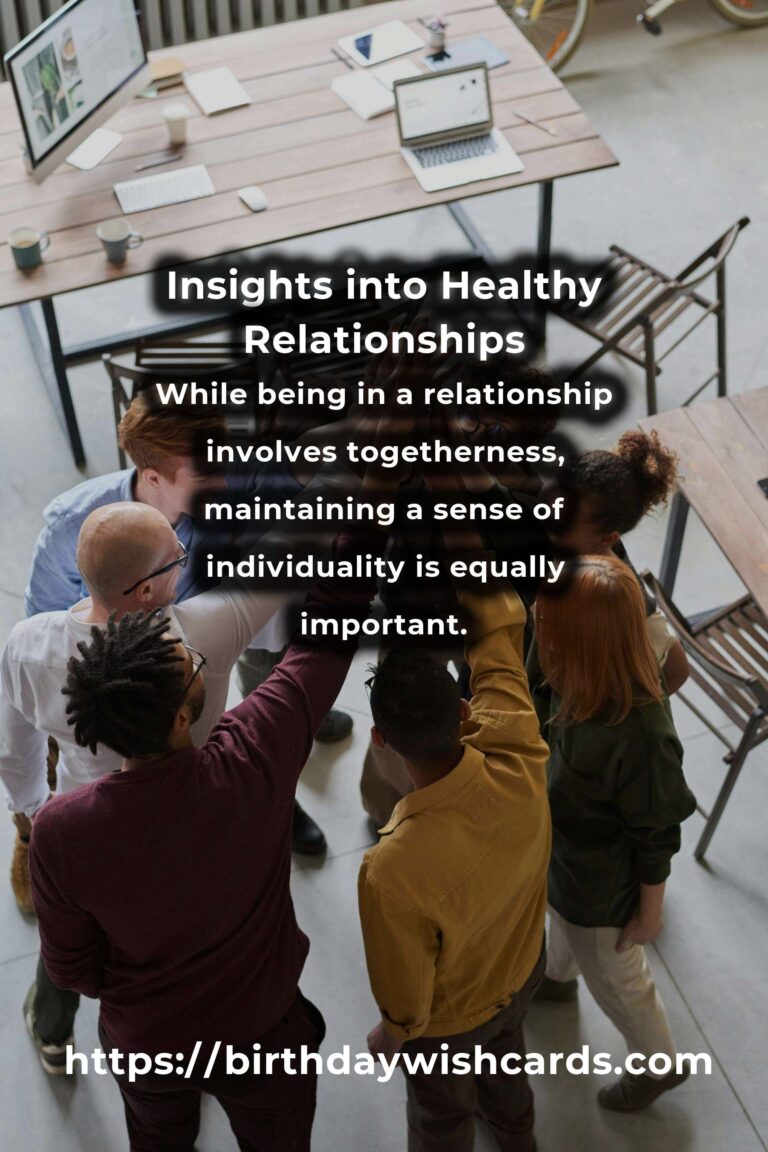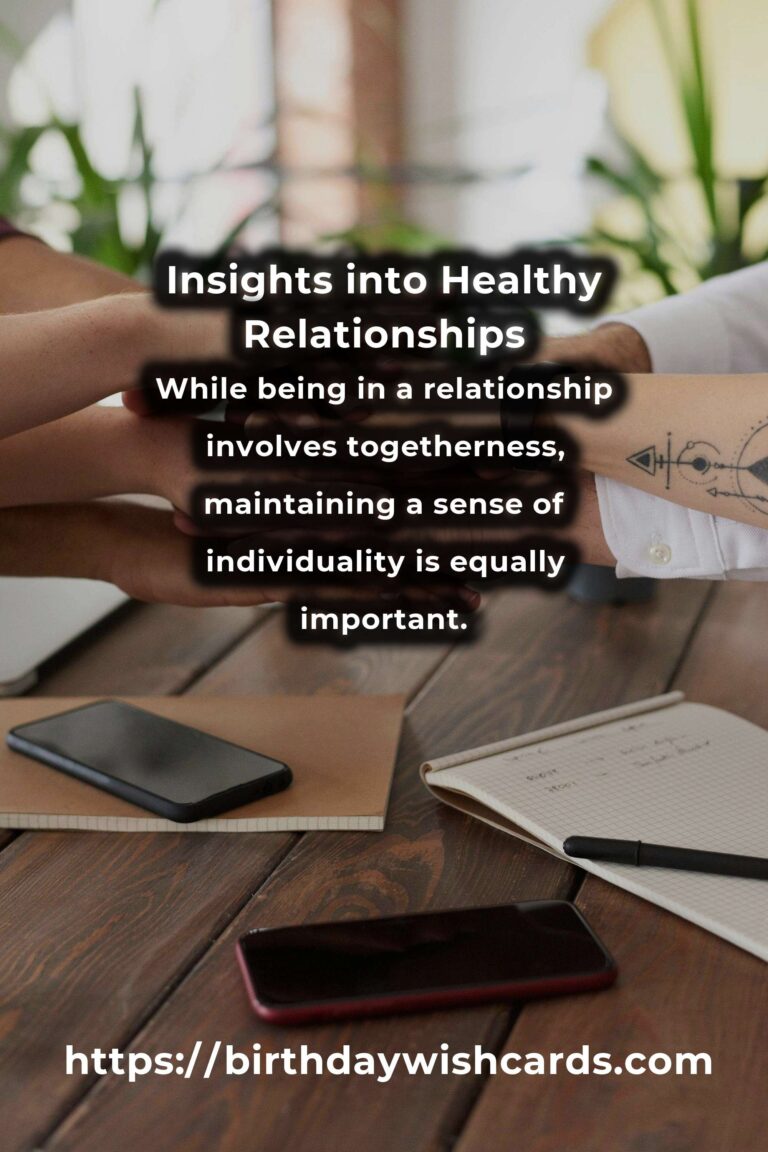
In today’s fast-paced world, maintaining healthy relationships can sometimes feel like a daunting task. However, understanding the core elements that make up a healthy relationship can provide valuable insights for fostering a stronger bond with your partner. This article will explore the key components that define healthy relationships and offer practical tips to help you nurture your connection.
Communication: The Cornerstone of Healthy Relationships
Effective communication is paramount in any relationship. It allows partners to express their feelings, share their needs, and resolve conflicts amicably. Open and honest communication helps build trust and understanding, which are essential for a healthy relationship.
To enhance communication in your relationship, practice active listening. This means giving your partner your full attention when they are speaking and responding thoughtfully. Avoid interrupting and make an effort to understand their perspective.
Trust: Building a Solid Foundation
Trust is the foundation of any healthy relationship. It allows partners to feel secure and confident in each other. Trust is built over time through consistent actions, honesty, and reliability.
To build and maintain trust, keep your promises and be transparent with your partner. If trust has been broken, it takes time and effort to rebuild it. Be patient, communicate openly, and demonstrate your commitment to repairing the relationship.
Respect: Valuing Each Other’s Differences
Respecting each other’s individuality and differences is crucial for a healthy relationship. Every person is unique, and acknowledging and appreciating these differences can strengthen your connection.
Show respect by valuing your partner’s opinions, supporting their goals, and recognizing their boundaries. Avoid dismissive behavior or belittling comments, as these can erode respect and damage the relationship.
Emotional Support: Being There for Each Other
Providing emotional support is an essential component of a healthy relationship. It involves being there for your partner in times of need, offering comfort, and showing empathy.
Be attentive to your partner’s emotional needs and offer support without judgment. Sometimes, simply being present and offering a listening ear can be the most valuable support you can provide.
Shared Goals and Values: Aligning Your Path
Having shared goals and values can bring partners closer together and create a sense of unity. When partners work towards common objectives and share similar values, it strengthens the bond and creates a shared sense of purpose.
Discuss your goals and values with your partner, and find common ground. This can involve planning for the future, making joint decisions, and supporting each other’s aspirations.
Maintaining Independence: Balancing Togetherness and Individuality
While being in a relationship involves togetherness, maintaining a sense of individuality is equally important. Healthy relationships allow partners to have their own interests, hobbies, and friendships.
Encourage each other to pursue individual passions and interests. This not only enhances personal growth but also brings fresh perspectives and experiences to the relationship.
Conflict Resolution: Navigating Challenges Together
Conflicts are inevitable in any relationship, but how they are handled can make a significant difference. Healthy relationships involve resolving conflicts constructively and finding solutions that work for both partners.
Approach conflicts with a problem-solving mindset. Focus on the issue at hand, avoid personal attacks, and work together to find a compromise. Remember that it’s okay to agree to disagree sometimes, and what’s important is finding a resolution that respects both partners’ views.
Conclusion
Demystifying healthy relationships involves understanding and implementing key components such as communication, trust, respect, emotional support, shared goals, maintaining independence, and effective conflict resolution. By focusing on these areas, you can nurture a stronger bond with your partner and enjoy a fulfilling relationship. Remember that every relationship is unique, and what works for one may not work for another. Keep an open mind, and be willing to adapt and grow together.
Effective communication is paramount in any relationship. Trust is the foundation of any healthy relationship. Respecting each other’s individuality and differences is crucial for a healthy relationship. Providing emotional support is an essential component of a healthy relationship. Having shared goals and values can bring partners closer together and create a sense of unity. While being in a relationship involves togetherness, maintaining a sense of individuality is equally important. Conflicts are inevitable in any relationship, but how they are handled can make a significant difference.
#HealthyRelationships #RelationshipAdvice #Communication #Trust #Respect #EmotionalSupport













